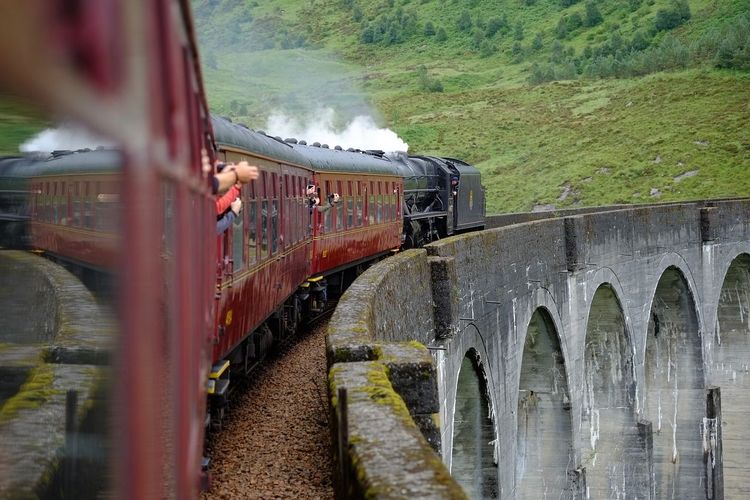Two scientists have been awarded the Nobel Prize in Physics for their groundbreaking contributions to machine learning through artificial neural networks. John Hopfield, an emeritus professor at Princeton University, developed an associative memory capable of storing and reconstructing images and various data patterns. Geoffrey Hinton, known as the "Godfather of AI," created methods for autonomous feature extraction in data, significantly enhancing image recognition capabilities.
The Nobel committee noted, "This year’s physics laureates’ breakthroughs build upon the foundations of physical science. They have introduced an innovative approach for leveraging computers to address the many challenges facing society." They highlighted that the advancements in machine learning powered by artificial neural networks are transforming science, engineering, and everyday life.
Despite his recognition, Hinton has voiced concerns regarding the societal implications of machine learning. A long-time member of Google's deep-learning AI team (Google Brain, which merged with DeepMind last year), he resigned in May 2023 to raise awareness about AI risks. Hinton warned that generative AI could lead to a surge in misinformation and job displacement, alongside the potential development of autonomous weapons.
While he acknowledged the prospects of machine learning improving healthcare, Hinton expressed unease about its future impact, stating, "It’s going to exceed people in intellectual ability. We have no experience of what it’s like to have things smarter than us." Surprised to be awarded the Nobel Prize, Hinton, a Turing Award winner and professor of computer science at the University of Toronto, remarked that he was “flabbergasted” by the honor.







